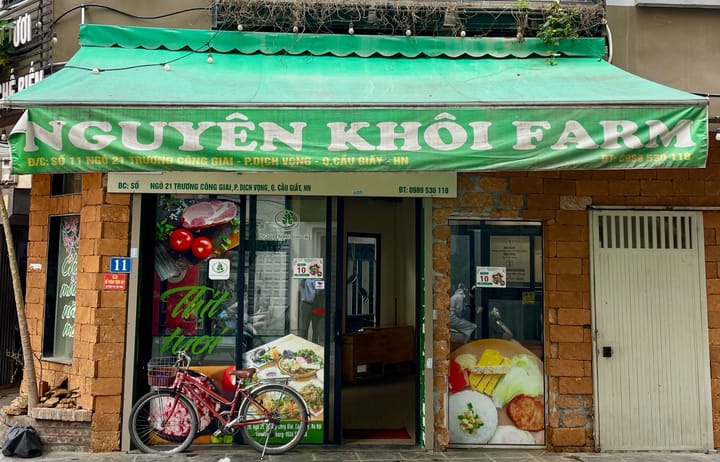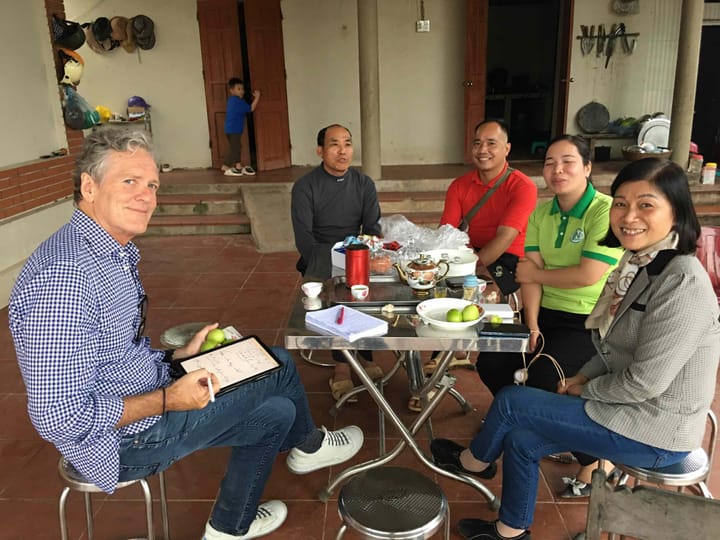One-stop-shops for business and investment
Simon White | An article on one-stop shops for business and investment promotion in Africa.
There are a growing number of one-stop-shops (OSS) being established by governments around Africa designed to improve the experience of private investors, both domestic and foreign.
Over the last two years I’ve worked with GIZ to support the establishment of a number of state-based OSS in Niger, Ogun and Plateau States. The Niger State One Stop Investment Centre has just been launched. This is built on the national model that is presented by the Nigeria One Stop Investment Centre, which forms part of the Nigerian Investment Promotion Commission.
Last month, I worked in Mozambique on the second phase of the national Business Environment Strategy (EMAN II). Here, too, the OSS model has been applied with great results through the Balcão de Atendimento Único. A recent report on formalisation and business development in Mozambique found that the BAUs reflect relatively close cooperation between local and provincial governments that can facilitate the licensing of micro enterprises. This confirms my own views that one of the key benefits of the OSS model is that it promotes improvements in government cooperation and services.
A new development in Mozambique has been the establishment of e-BAU – an online “Integrated Citizen Services Platform”.
A OSS does not remove the need for reform. Sometimes, I think these initiatives are seen by governments as the easy way out: rather than going through the more complicated process of improving the business environment, just open a centre that will make it look like you are accommodating the needs of business. In fact, if the business environment wasn’t so bad in the first place, then a OSS wouldn’t be needed at all!
However, a OSS can become an effective catalyst for reform. Some years ago, I was involved in reviewing the Lesotho OSS and was impressed with the way this centre had improved based on its direct engagement with business people. It established a user committee made up of businesspeople who regularly used the centre. These people provided useful comments and advice on the centre’s services and how these could be improved.
There is a lot to consider when planning a OSS: Does the centre simply contain all relevant agencies in the one location or can ministries and agencies delegate their authority to the OSS? How can ministries and agencies provide a coordinate, streamlined service to their customers?
Other examples of OSS in Africa:
- Burundi
- Lesotho
- South Africa (not really a OSS, but it is interesting to see the Department of Trade and Industry presenting itself this way)
- Zimbabwe


